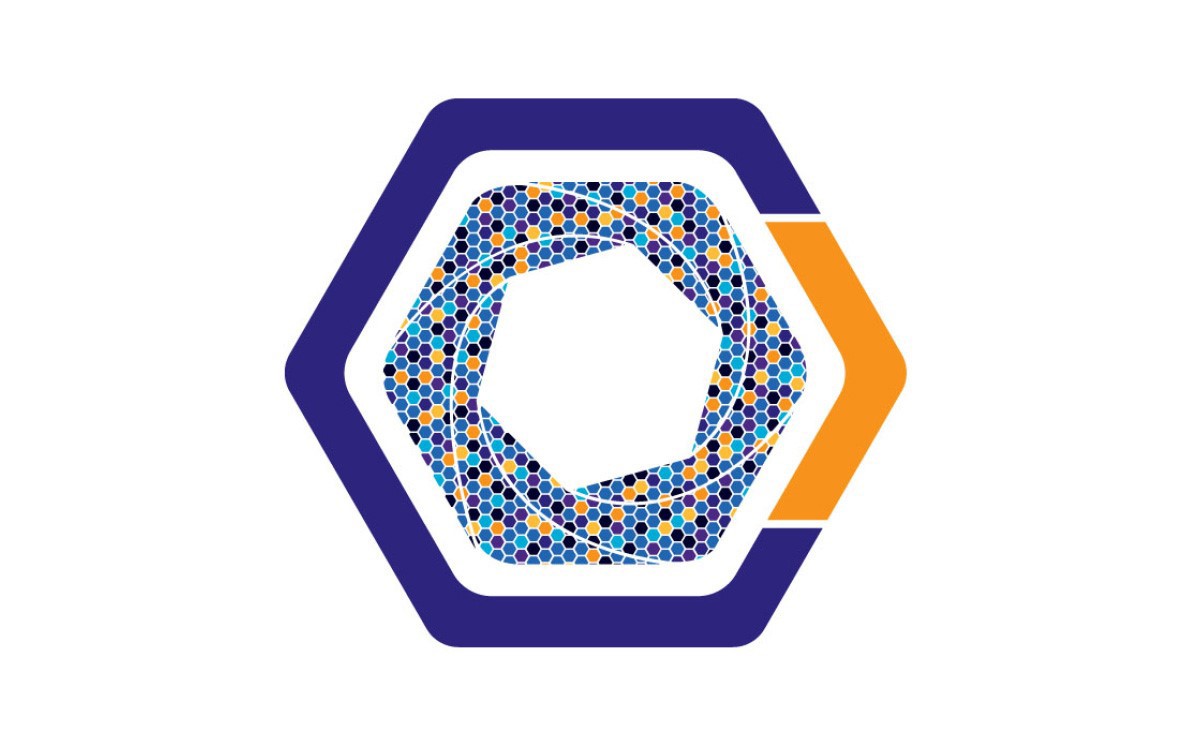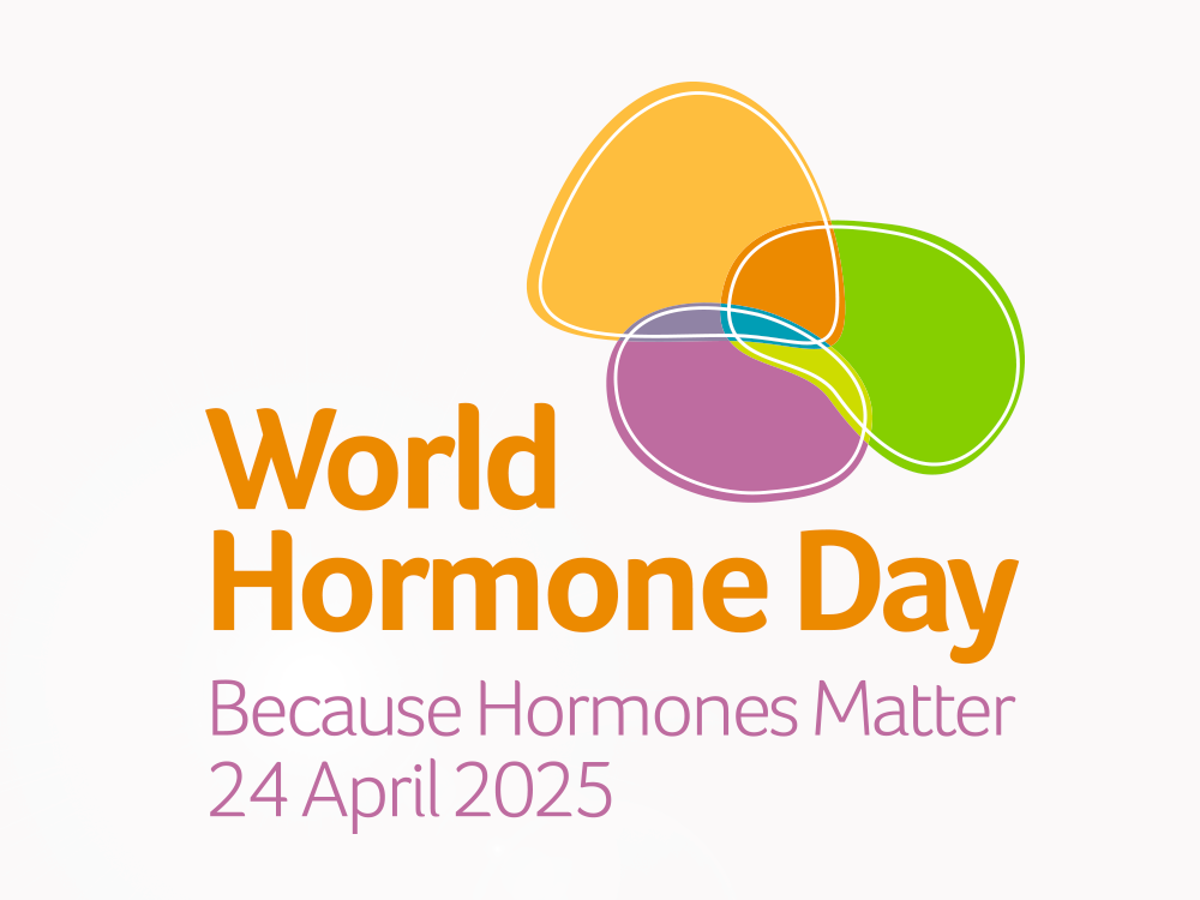
Our members have entrusted us with the important task of representing them (and the wider endocrine community) as the voice for endocrinology in Brussels. The ESE Advocacy Representation Scheme (EARS) is our platform for keeping ESE members and others up-to-date with policy and advocacy activities. It was launched in October 2020.
Our quarterly EARS newsletters provide a digest of:
- key EU policy developments that may affect endocrinologists and patients
- ESE’s policy and advocacy activities
- information about relevant upcoming events
- information about related research funding opportunities
- key news stories that will be of interest to the endocrine community throughout Europe and beyond.
National Partner Societies that form the ESE Council of Affiliated Societies (ECAS) will get the newsletter automatically (usually via the President).
Joining the EARS Community
ESE members and members of the National Partner Societies represented by the ESE Council of Affiliated Societies (ECAS) do not have to pay anything to be part of the EARS community.
A small annual fee of €2.50 per ECAS Society member is paid by the ECAS National Societies. This contribution helps support ESE’s policy and advocacy work on behalf of all our members and the whole European endocrine community, and helps raise the profile of the importance of hormones in good health and wellbeing.
Why policy outreach matters to ESE
Our mission statement, ‘Shaping the Future of Endocrinology’ is a commitment to actively engage with different stakeholders so that the importance of 'endocrine health' is recognised in the development of national and European healthcare policies and research programmes.
ESE's outreach activities focus on three areas that are of strategic importance to the European and global healthcare agenda:
- Achieving more effective and resilient healthcare through health promotion and disease prevention, with a specific focus on the post-COVID-19 recovery and the impact on and from endocrine and metabolic diseases. This applies to both prevalent and rare diseases.
- Supporting the Cancer Mission, providing input to the ‘Beating Cancer Plan’ and encouraging endocrinology research.
- Engaging in EU debates around climate change and the environment with a focus on endocrine disruptors.
ESE's Activities in Europe
ESE engages with the European Commission and Parliament in many debates that shape European healthcare policies.
Over the last 12 months, these engagements have been about inserting the hormone health perspective to the Horizon Europe research programme, the Beating Cancer Plan, the support to rare diseases as part of the European Reference Networks, and more recently, driven by the COVID 19 pandemic and its impact on European health care, the EU4 Health programme.
The Commission’s Green Deal and as part of that the Chemical Strategy for Sustainability needs to include a strong emphasis on endocrine disruptors, a major contributor to susceptibility of many non-communicable diseases.



